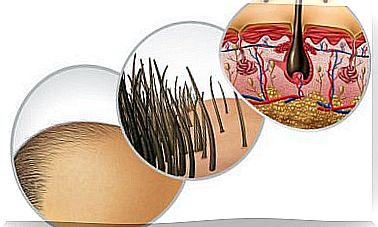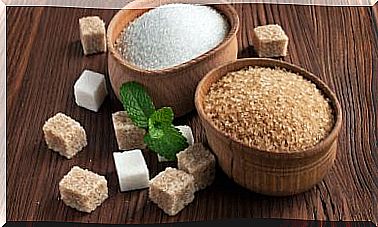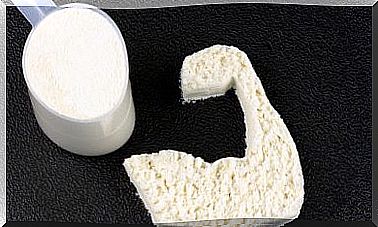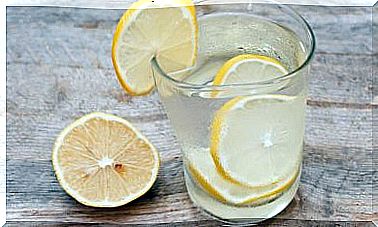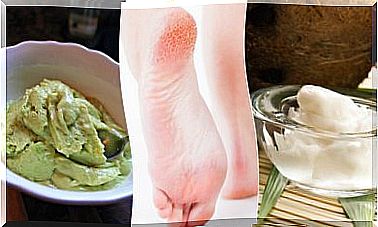Betaine: Properties, Benefits And What It Is For
Sometimes we get advice from doctors about certain nutrients that are necessary for our bodies to function properly. They also recommend guides or diets to avoid health problems.
Thus, terms such as betaine begin to recur. However, many times we understand only half of what they tell us.
In Better with Health we will try to know and understand the role of betaine in our daily lives.
What is betaine?
Betaine is a compound that is made in the body. It provides us with hydrochloric acid and is essential for the absorption of vitamin B12, calcium and iron.
It is basically a nutrient that distributes methyl in the body so that each organ uses them and can face certain unbalancing risks.
Foods rich in betaine

- Beets: Beets are one of the major sources of betaine, and from this vegetable it got its name.
- Fish
- Spinach
- Broccoli
- Vegetables
What is betaine for?
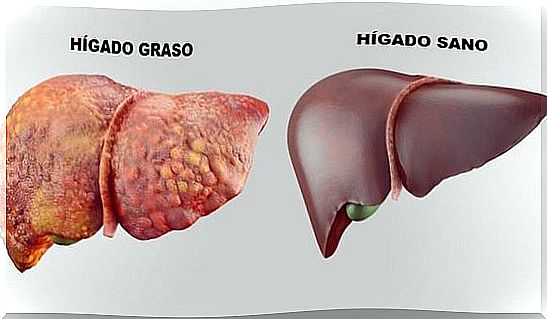
It can be difficult to understand the way it works, but it is easier to identify its usefulness with just a few points.
Regulates homocysteine
Betaine helps regulate and reduce homocysteine levels. Thus, it is responsible for preventing diseases caused by excess of it.
- Although homocysteine is necessary, it must be regulated so as not to cause alterations.
- If there is too much, the consequences could reach heart attacks, Alzheimer’s disease, blood clots or strokes.
Take care of our liver health
This amino acid acts as a lipotropic agent when it releases methyl to break down fats and release the liver.
In this way it prevents fatty liver. In some cases it is used to treat this diseased organ.
In addition to the functions already mentioned, betaine also:
- It helps in digestion due to its contribution of hydrochloric acid, necessary in the stomach to break down proteins.
- Prevents dehydration of cells by maintaining the water balance in them. Collaborates in the transportation of necessary fluids throughout the body.
- It is relevant in the synthesis of creatine by which muscle development is amplified.
Benefits of betaine

Each of the functions that we have explained of betaine is directly associated with a series of benefits in the health of individuals. A person with an adequate percentage of this nutrient will have:
- Lower risk of presenting gastrointestinal pathologies. Its level of acidity necessary for proper digestion will be regulated.
- A decrease in fat that affects the liver. Combat excesses around it to keep it free.
- Healthier arteries and cardiovascular system due to the work of methyl. Blood can circulate without interruption.
- Greater muscular endurance and strength. By producing a greater amount of nitric oxide, it is possible to increase levels of resistance and strength in physical activities. According to research conducted by the University of Connecticut (United States) , betaine improves performance and muscle capabilities.
Many elite athletes use supplements with this nutrient, as stated in this other study from the same University. What happens after consuming it is that nitric oxide acts as a vasodilator agent, which improves oxygenation to the muscles and the transport of nutrients such as amino acids.
which leads to generating a better transport of nutrients, such as amino acids, and oxygenating the muscle tissues.
Betaine, perhaps not much named by the common people, has a really collaborative work with the rest of the members of our body.
As we have seen, your participation is necessary and relevant in the daily routine and in the prevention of the future.
There are also supplements that can be purchased to complement what occurs naturally and what is ingested through foods that contain it.
Its dose varies depending on the case and each patient should follow the advice of their doctor to avoid side effects.
Side effects of betaine supplements

Some specialists prescribe drugs with betaine to treat different health problems.
As with all chemicals, there are side effects to watch out for, this report from the US National Library of Medicine suggests. In the event that they manifest, you should go to a medical center:
- Sickness
- Body odor changes
- Feeling of loss of consciousness
- Muscle weakness
- Visual distortion
- Memory disturbances
- Motor difficulties
The Newcastle General Hospital (United Kingdom), assures in this study that there have been cases of cerebral edema in patients treated with betaine. For this reason it is advisable to cut the intake and make the relevant analyzes.
After the age of 50, betaine production levels decrease. Being aware and adding foods with this nutrient is very positive for maintaining organic balance.
Likewise, the hospital can be attended to analyze the chemical incorporation of betaine.
